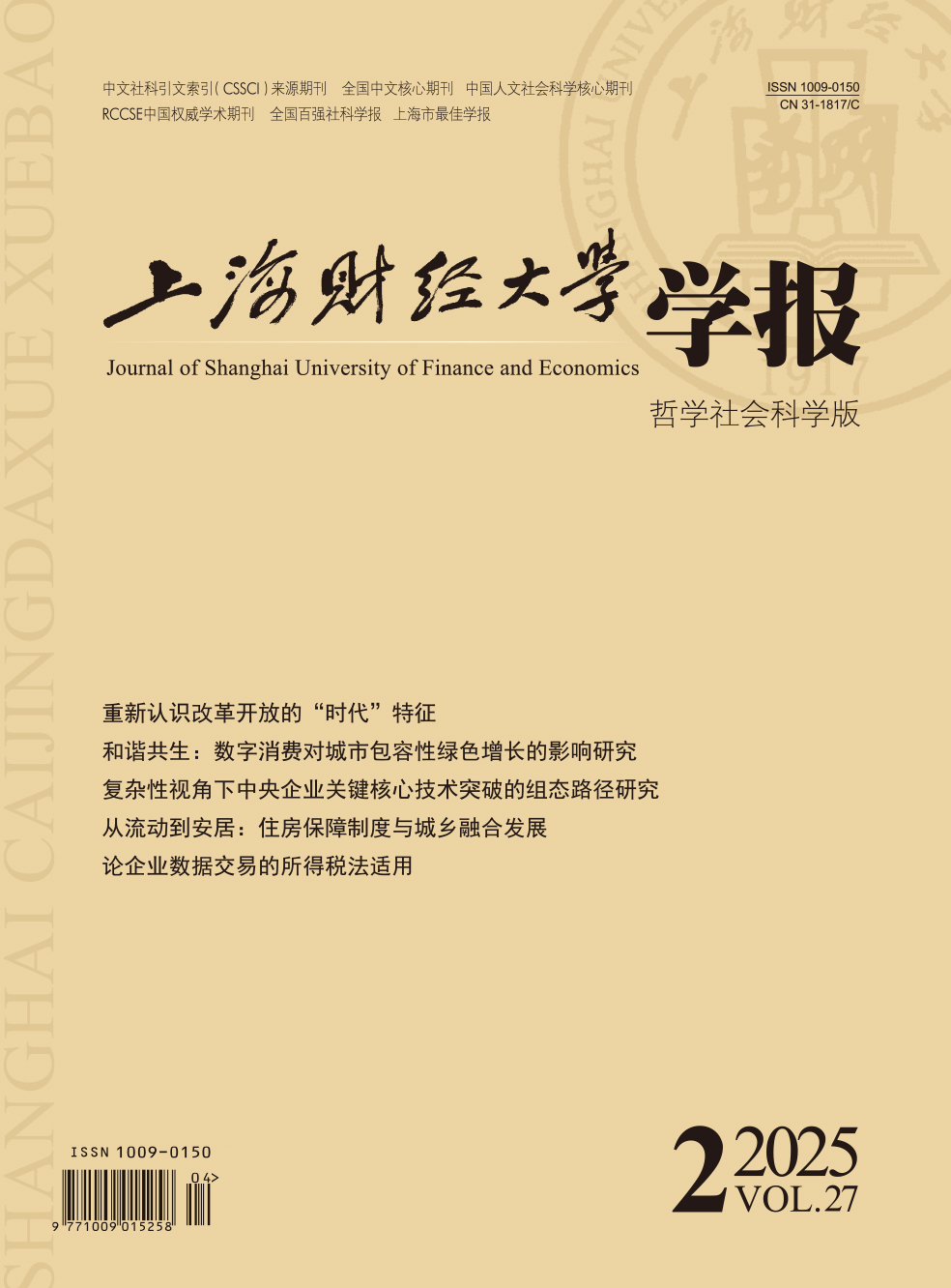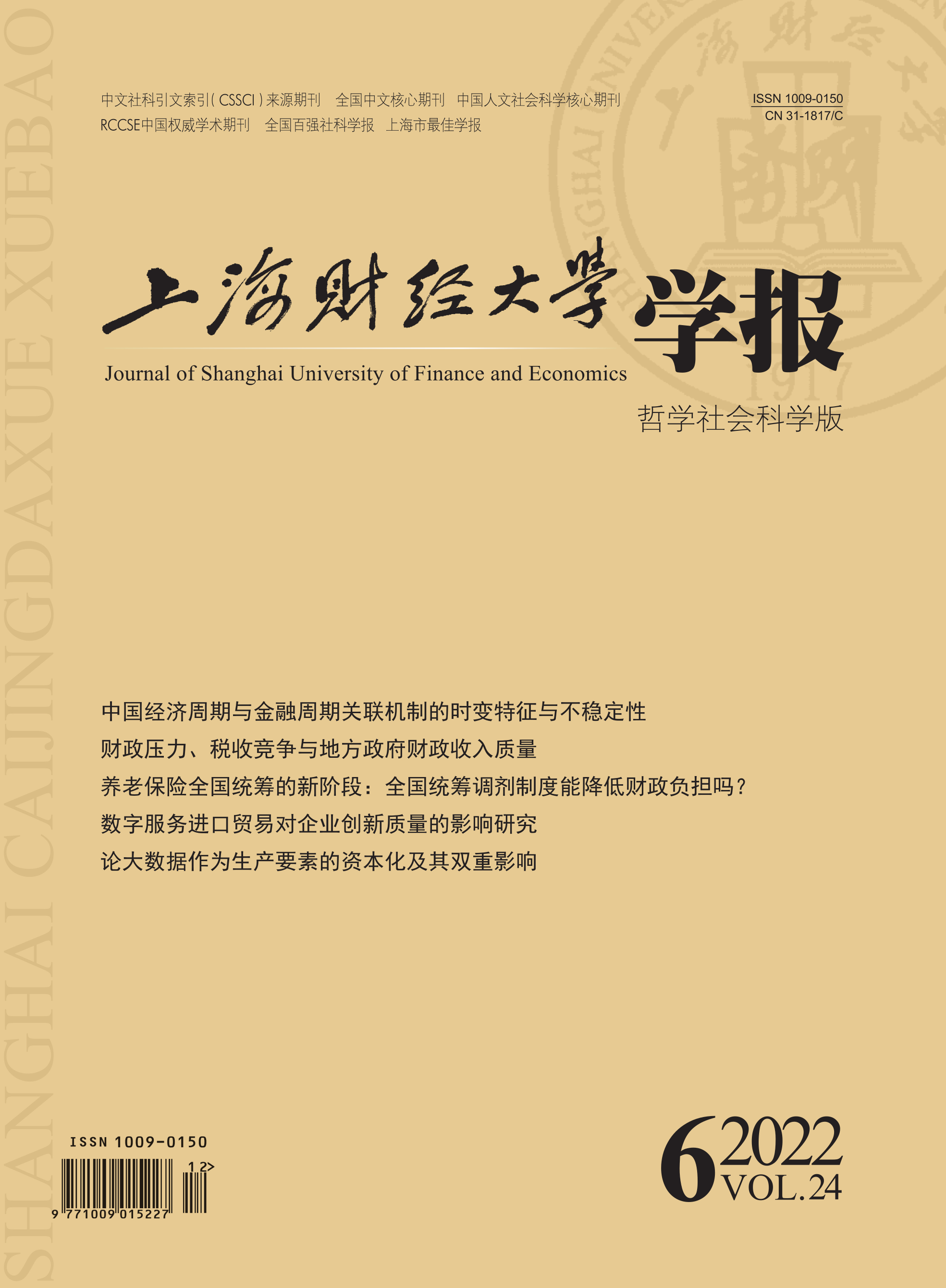Not all factors of production can be transformed into capital, as Marx discussed the essential difference between capitalists and “small owners”. Similarly, not all big data can be transformed into digital capital. As a product of the digital era, the generation and development of big data is a socio-historical process; in other words, it is an “artificial thing” rather than a “self-existing thing”, which has also undergone a development process from nothing to something. Accordingly, interpreting the scope and conditions of “datafication” “factorization” and “capitalization” of digital information historically can avoid the misunderstanding of “factor eternity” analysis. The fact that human beings are engaged in material production activities is due to survival needs. From the initial use of natural material conditions to the participation of big data in today’s activity process, it can reflect that labor conditions develop with the development of production socialization, but it is not the product and expression in the sense of natural evolution. Therefore, the comparative interpretation of “naturalization” “informatization” and “factorization” of labor conditions can further clarify the premise of Big Data as a “trace” extract of digital activity and realize “factorization”. All fields of social life can generate relevant big data in the digital era, so it is necessary to distinct “data as data” ( non-productive), “data as a factor” (productive) and “data as capital” (capital properties), which can further explain the premise of big data transforming into digital capital. The generation of digital capital and the digitization of capital are essentially the same process, so the movement of digital capital still belongs to the world history of capital on the whole, and its impact on social development can be examined in terms of the following duality: First, objectivity: The unity of the subject position of laborers and the objectified power constitutes an affirmation of laborers themselves; second, alienation property: The above unity causes separation under the domination of digital capital and constitutes the negation of laborers. The development of the digital economy in contemporary China necessarily requires the unification of people, means of production, and social wealth in the direction of objectification, which is the essential requirement for promoting common prosperity and building a “digital China”.
 / Journals / Journal of Shanghai University of Finance and Economics
/ Journals / Journal of Shanghai University of Finance and EconomicsJournal of Shanghai University of Finance and Economics
LiuYuanchun, Editor-in-Chief
ZhengChunrong, Vice Executive Editor-in-Chief
GuoChanglin YanJinqiang WangWenbin WuWenfang, Vice Editor-in-Chief
On the Capitalization of Big Data as a Factor of Production and Its Double Impact
Journal of Shanghai University of Finance and Economics Vol. 24, Issue 06, pp. 108 - 122 (2022) DOI:10.16538/j.cnki.jsufe.2022.06.008
Summary
References
Summary
Cite this article
Wang Wenchen, Ma Mengxue. On the Capitalization of Big Data as a Factor of Production and Its Double Impact[J]. Journal of Shanghai University of Finance and Economics, 2022, 24(6): 108-122.
Export Citations as:
For
ISSUE COVER
RELATED ARTICLES




 4212
4212  4908
4908

